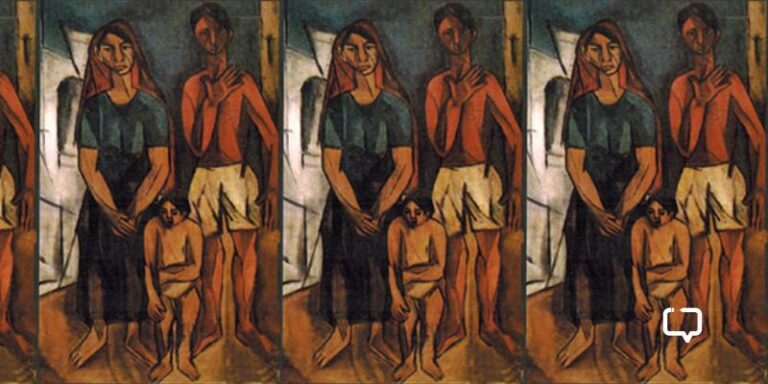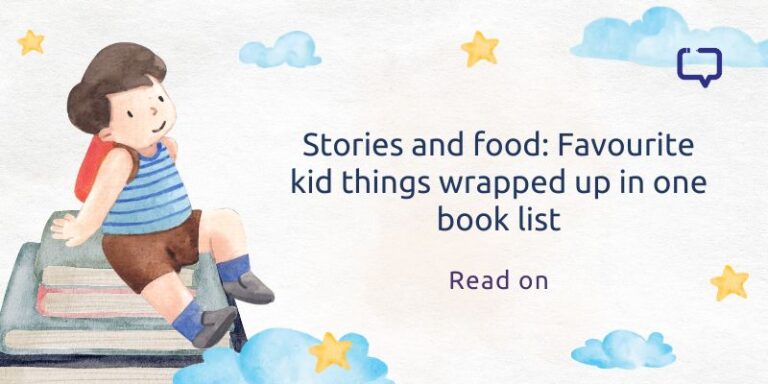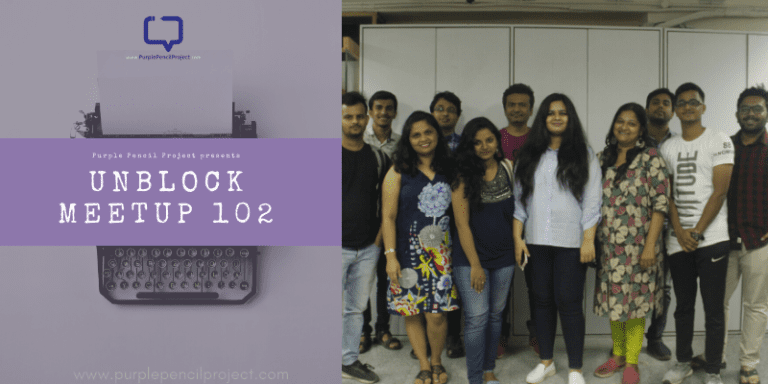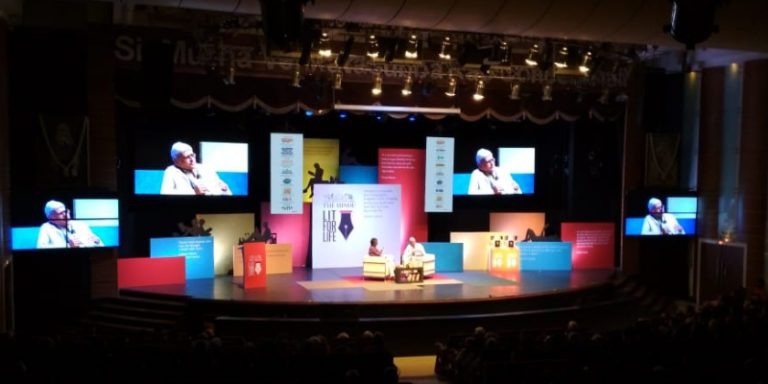The decrepit mass of humanity stirred, gathered their sagging energies and plodded along to the edge of the platform. Behind them they left forgotten bags and walking sticks, empty IV pouches and puddles of poop which Old carefully avoided as a Canadian engine hauling twenty-six rusty coaches chugged into the station.
And the world was engulfed by smoke belching from the chimney, which gurgled out of the skylights and the clerestory windows of the centuries old station building, escaping into the moonless night, like black thoughts bubbling out of the ears of a maniac.
Who would have guessed that carbonophilic steam desire would be resurrected to patch together a banjaxed population?”
The Butterfly Effect
According to chaos theory:
Something as small as the flutter of a butterfly’s wing can ultimately cause a typhoon halfway around the world.
The Butterfly Effect explores this statement by weighing the far-reaching consequences of one man’s actions in changing the fate of the planet.
Revealing a grim picture of humanity, it brings to life an eco-dystopian story revolving around the threats of technology and genetically modified crops. It goes on to show the disastrous circumstances that may befall humanity when scientific experiments go horribly wrong. Humans are thus pushed into a bottomless pit of dystopia and dejection; and with the theme of a pandemic running through the narrative, it is a timely adventure story to watch out for.
It simultaneously addresses classism, capitalism, extreme poverty and inequity, as well as the rise of autocracy (none of which is unimaginable or restricted to the pages today).
Style and Structure
The Butterfly Effect is narrated as a series of interlinked chapters, which at first glance seem scattered but come together as one big picture by the end. A number of characters take centerstage over the course of the story and at one point or the other, they cross paths.
The first section of the book is titled ‘Captain Old and the Living Dead of the Darkland’, which shows a dystopic and dark picture of the people living in a place called Darkland.
The name of the place is in itself suggestive of a land of sorrows and unhappiness, governed by an autocratic ruler, the ‘Supreme Guide’. In another section, the novel explores the adventure of Detective Kar, as a group of Indian tourists are lost in Korea. The novel goes back and forth between its different sections (and the tone of narration changes from warm to dark aptly), leaving the reader intrigued about the mysteries yet to be uncovered.
Among the cast is Tanmoy Sen, a geneticist and researcher at a UK lab funded by a global agricultural biotech major, Tanmoy’s friend, Henry David who constantly cautions him against tampering with nature to no avail, and Private Investigator Kar, a recurring character from Chaudhuri’s earlier stories.
The cost of war
Wars are never fought just between armies; more civilians than armed forces have historically been caught in the crossfires. The only ones who benefit from violence are the rich and the mighty. This story reinforces that thought (one that we may do well reminding ourselves of in the current political climate.)
Tanmoy’s intentions are pure from the very beginning, his only mistake is rebelling against the orders of his employer and creating a strain of grain that can be used over and over again, thus cutting into the company’s profit margin. But his decision causes a ripple effect that eventually results in the creation of Darkland and Cleanland, reinforcing a class divide in the form of a physical border.
The flaw in human nature
History is a testament to the flaws that plague mankind. Greed, selfishness and complete disregard for the environment have played catalysts in most man-made and natural disasters.
Through The Butterfly Effect, Chaudhuri simply reiterates this message. North Korea’s decision to acquire the seeds by less-than-ideal means is what eventually leads to the epidemic that spreads from their country to the rest of the world.
The people controlling this narrative believe that violence is the answer to everything, whether it is the supreme leader of Cleanland who wishes to quell every whisper of rebellion or the military officers who slaughter the Park family.
Lastly, Chaudhari’s writing and weaving together of the tales is both poignant and magical, providing an immersive experience for the reader who puts the books down and leaves with more existential questions floating in their mind than they began with, though the pace is often slow, and tends to drag.
Final Verdict: A narrative that ties together beautifully, The Butterfly Effect made me question exactly how much control do we all truly possess over the paths our lives take.
Favourite Quote:
“There, in the smoky lounge of The Gribble Inn, he heard, watched and marvelled at the possibility of life defying death, of human intelligence bridging great chasms of darkness.”

***
This review was co-authored by Ilona Dam and Akhila Menon.






















One Response
A very beautiful review and love dystopian novels , sure to grab a copy of this.
Thanks !